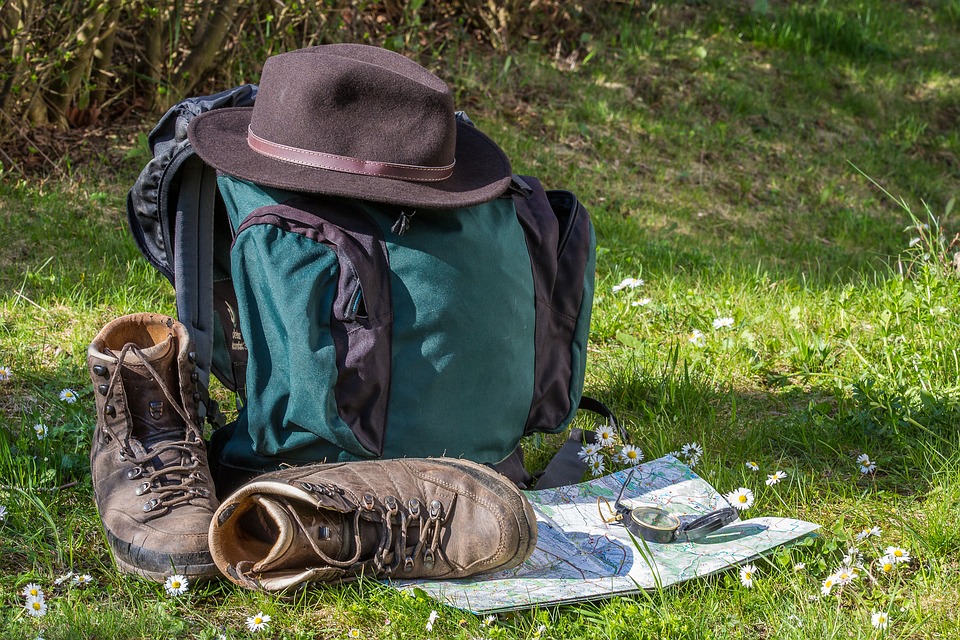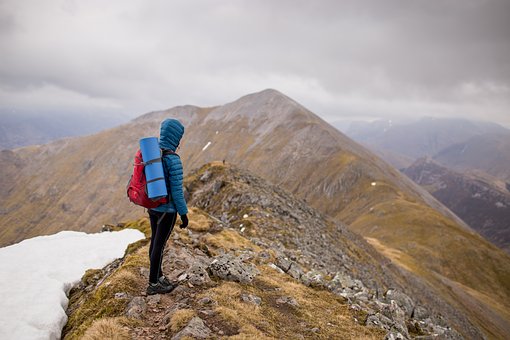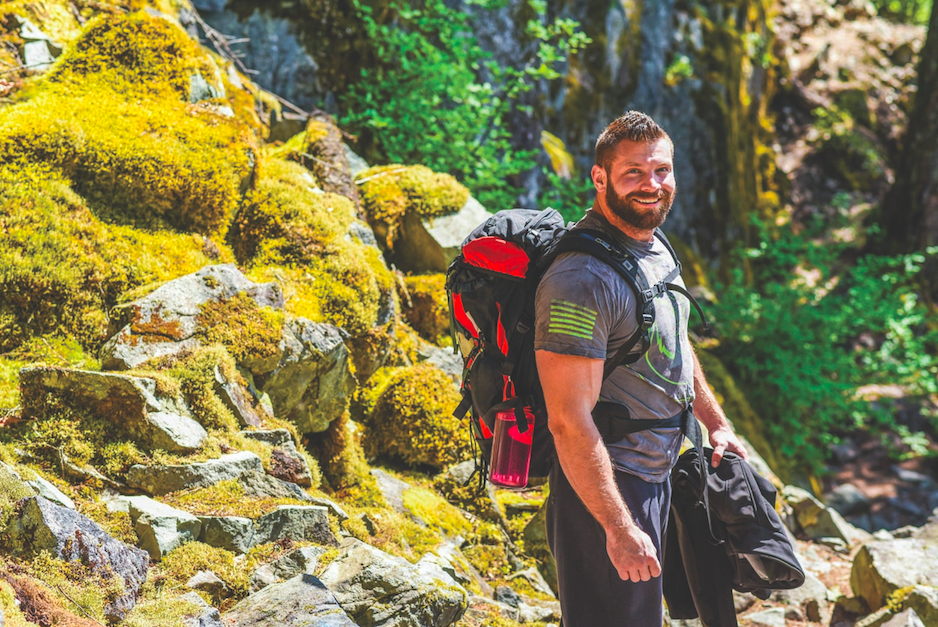September may enjoy the title of National Wilderness Month, but any time of year is a good time to enjoy the great outdoors. One of the ways to immerse oneself in nature is to enjoy a day hike or overnight backpacking excursion.
Millions of people take to trails or create their own paths all across the world each and every year. Hiking is a great way to enjoy the beauty of nature, but it also has other benefits. The American Hiking Society notes that research has consistently shown that hiking as regular exercise can improve overall health and fitness. It also may lengthen and improve quality of life. Hiking as a form of low-impact walking can reduce risk for heart disease, hypertension, diabetes, obesity, and anxiety.
Preparing for a hike involves packing accordingly for the trip. These items should be brought along on hiking trips to ensure such excursions are comfortable, safe and successful.
· Water: Bring along water whether you’re hiking in warm or cool temperatures. Water can be heavy, so some experienced hikers prefer to bring a filtration device or purifying tablets so they can rely on natural water sources for their drinks.
· Proper footwear: Trail shoes may be adequate for shorter hikes or when you are not carrying much gear. Otherwise, opt for sturdy hiking boots with plenty of sole and ankle support.
· Nutrition: Bring along lightweight food to keep you well fed. Any number of situations, including difficult trails and getting lost, can prolong hiking trips. Nutritious snacks can help hikers maintain their energy levels.
· Rain gear/extra clothing: Dressing in layers and having a change of clothes enables you to adjust your attire according to the weather conditions. Wear water-repellant materials that wick away sweat.
· Sun protection: Sun protection encompasses sunscreen, sunglasses and a hat.
· Illumination: Pack a headlamp or flashlight, and don’t forget the batteries. Light will help you navigate if you are out after sundown. Flashlights also can be used to signal others if you’re lost.
 · Navigational tools: A compass and map will help keep you on course. Remember, cell phones may not work in remote areas.
· Navigational tools: A compass and map will help keep you on course. Remember, cell phones may not work in remote areas.
· Fire starter: A night spent in the wilderness may not be on the itinerary, but chemical fire starters, matches or even dryer lint can help start fires in emergency situations.
· Multipurpose tool: A multipurpose tool can be used to cut items, open cans and much more.
· First aid kit: Don’t forget a prepackaged first aid kit to treat minor or major injuries. Taking a first aid course is also helpful.
· Toilet paper: When nature calls in nature, a roll of toilet paper can make things much easier.
· Emergency shelter: Tarps, tents or even reflective blankets can be put to use if a day trip needs to be turned into an overnight stay.
Hiking is a fun way to enjoy the wilderness. Hikers must pack accordingly for every trip.




